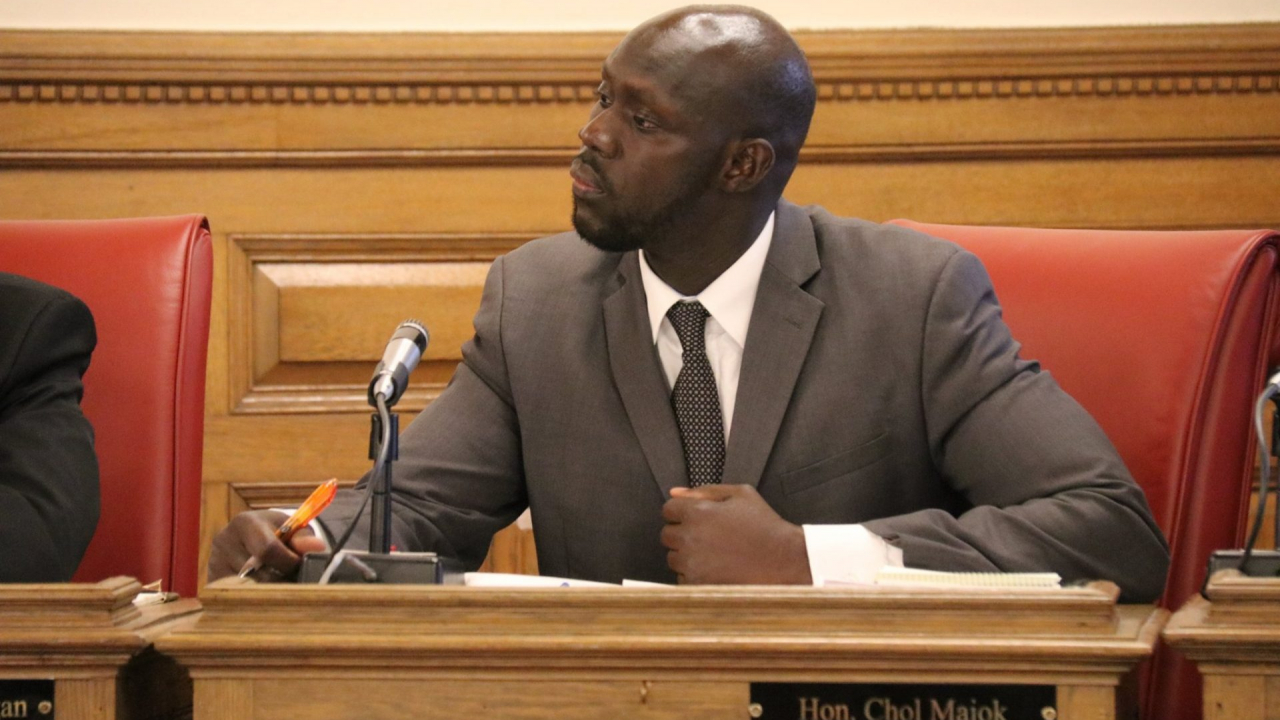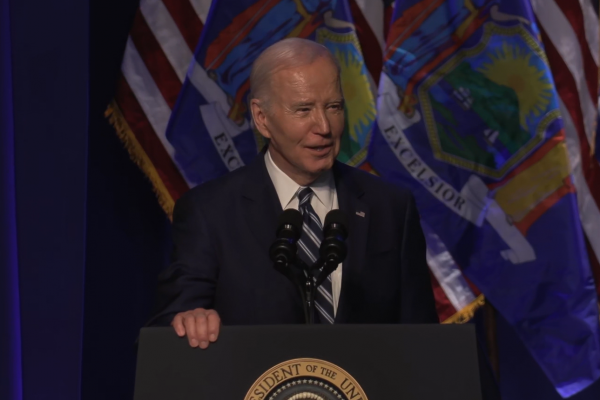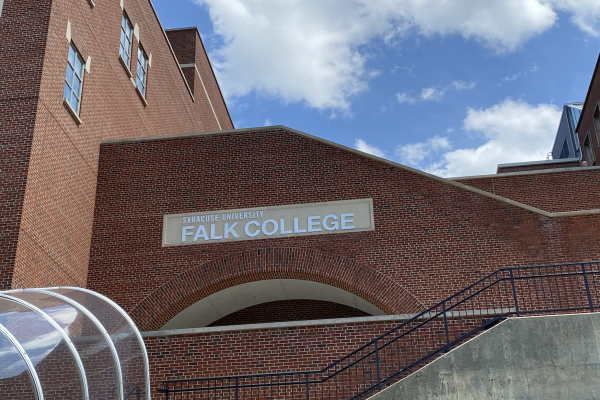
SYRACUSE, N.Y. (NCC News) – Refugee life is a very difficult life. Many have to work thousands of miles to escape civil war. Even when you make it to the refugee camp, there is hardly enough for everyone. Chol Majok was less than 10 years old when he trekked through the forest of South Sudan to Ethiopia, then Kakuma in Northern Kenya. He was lucky. He finished the rest of the journey on UN lorries.
They were a group of unaccompanied minors who eventually became known as the Lost Boys. Even in the camp, life was not any better except that there were no gunshots.
” Kakuma weather is very excruciating, heat, hot, dry, hunger, not enough services such as basic services,” said Majok.
Christian organizations lobbied for the resettlement of these lost boys. Thanks to the Refugee Act of 1980 that provided the legal basis for humanitarian admission of refugees into America. Thousands applied to be resettled in America but only few succeeded. Majok was one of the lucky ones, who got to escape the harsh conditions of the camp.
He had to put up with the conditions though, for seven years in the camp as he waited to be resettled.
” The process took four years before we got here actually,” said Majok.
He finally got resettled in Syracuse in September 2001.
To be resettle in the US, a lot of processes are involved, starting with a refugee leaving their home to a host country. Once in the host country, UNHCR chooses which refugees are most vulnerable for resettlement. The chosen ones undergo screening by eight federal agencies. Then, database and biometric security checks. After those checks, they go through medical screening. And finally, three in-person interviews with the Department of Homeland Security.
When refugees like Majok arrive in the US, they need someone to turn to and get them on their feet. Carl Oropollo a board of trustee member of St. Vincent Depaul Church, is one of those people who helps them with some of the basic paperwork that they have to go through.
“When they got off the plane, it was Feb 14, 2001, and they just had a shirt on in February. I mean no jackets or boots or gloves or whatever. So, it sort of changed my whole life I think, I just said wow, they’ve come with nothing. Just the papers they have in their hand,” said Oropollo.
Central New York is one of the biggest hubs for refugees from around the world and churches like St. Vincent DePaul Church have played a key role in making sure these refugees feel the sense of home. They welcomed some of these refugees and provided them both spiritual and physical needs.
Majok was placed under foster care by Catholic Charities before enrolling in school and graduating with a college degree. He is now a councilor for third district at Syracuse City Council becoming the first refugee to be elected in Syracuse.
“Since I was a little boy, I wanted to be in public service. That has been my aspiration since I was in the refugee camp.” said Majok.
Carl is happy that his generosity has paid off. Meanwhile, Majok couldn’t be more grateful to be here and pursuing his dream.




